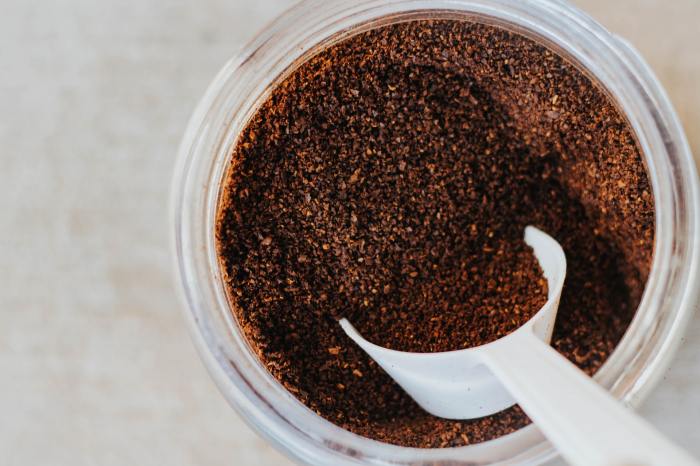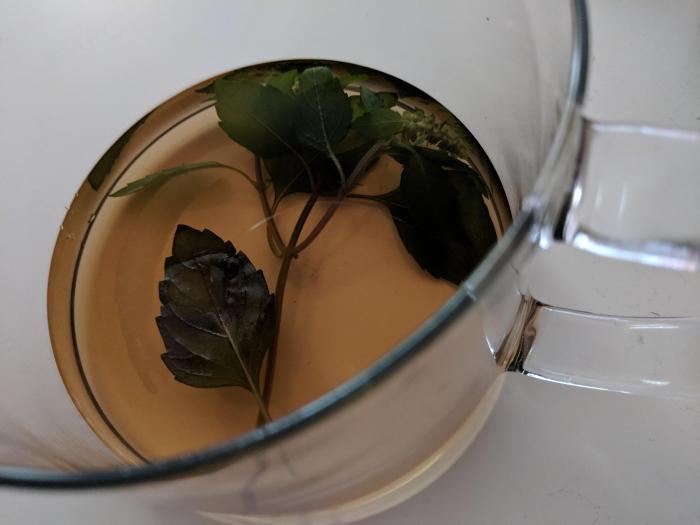Can I Use Leftover Coffee to Water Plants?
Coffee as Plant Food: A Guide to Using Leftover Coffee Grounds: Can I Use Leftover Coffee To Water Plants
Can i use leftover coffee to water plants – Many of us enjoy a daily cup of coffee, but what happens to the leftover grounds? Instead of discarding them, you can repurpose them as a beneficial amendment for your houseplants. This guide explores the use of leftover coffee to water plants, detailing its benefits, methods, suitable plants, potential risks, and visual indicators of success or failure.
Wondering if leftover coffee can benefit your plants? It’s a common question, and the answer is nuanced. While the caffeine might not be ideal for all plants, many gardeners find success with it. Similarly, you might be interested in exploring other natural options like using citrus peels, as detailed in this helpful article about whether is orange peel water good for plants.
Ultimately, experimenting with both coffee and citrus peels can help you determine what works best for your specific plants and soil conditions.
Coffee’s Chemical Composition and Plant Effects, Can i use leftover coffee to water plants
Coffee grounds contain a complex mixture of organic compounds that can impact plant health. Beneficial components include nitrogen, phosphorus, and potassium – essential macronutrients for plant growth. However, they also contain caffeine and tannins, which can have both positive and negative effects depending on the concentration and plant species.
Caffeine, in moderate amounts, can act as a mild stimulant, potentially boosting growth in some plants. Conversely, high concentrations can be toxic. Tannins, while possessing some antimicrobial properties, can also inhibit nutrient uptake if present in excessive amounts. The pH of coffee is generally acidic (around 4.5-5.5), which can affect nutrient availability in the soil.
The ideal pH range varies greatly among plants. While some prefer acidic conditions, others thrive in neutral or slightly alkaline soil. Using coffee can significantly alter the soil pH, potentially creating an unsuitable environment for certain plants.
| Plant Type | Ideal pH | Coffee pH Impact | Potential Benefits/Drawbacks |
|---|---|---|---|
| Azaleas | 4.5-6.0 (Acidic) | Slightly lowers pH | Potential benefit: Increased nutrient availability; Drawback: Over-acidification possible. |
| African Violets | 6.0-7.0 (Slightly Acidic to Neutral) | Moderately lowers pH | Potential drawback: May lower pH too much, impacting nutrient uptake. |
| Roses | 6.0-6.5 (Slightly Acidic) | Moderately lowers pH | Potential drawback: May lower pH too much, impacting nutrient uptake. |
| Begonias | 5.5-6.5 (Slightly Acidic to Neutral) | Slightly lowers pH | Potential benefit: Increased nutrient availability; Drawback: Over-acidification possible. |
| Monstera | 5.5-7.0 (Slightly Acidic to Neutral) | Slightly lowers pH | Potential benefit: Increased nutrient availability; Drawback: Over-acidification possible. |
Methods of Using Leftover Coffee to Water Plants

Source: lovers.coffee
There are two primary methods for using leftover coffee to benefit your plants: diluting brewed coffee for watering and incorporating coffee grounds directly into the soil.
- Diluting Brewed Coffee: Mix one part cooled brewed coffee with one to two parts water. Avoid using hot coffee, as it can shock the plant’s roots.
- Applying Coffee Grounds Directly: Coffee grounds can be used as a top dressing, lightly spreading them over the soil surface, or incorporated into the soil by gently mixing them in. Avoid over-application to prevent soil compaction.
- Watering Schedule: Water plants with diluted coffee once every two weeks or less frequently, depending on the plant’s needs and soil moisture. Observe the plant for signs of overwatering or nutrient deficiencies.
- Brewed Coffee vs. Coffee Grounds: Brewed coffee provides a more immediate source of nutrients, while coffee grounds offer a slower-release fertilizer, improving soil structure and drainage.
Plant Types Suitable for Coffee Watering
Certain plants benefit more from coffee-based watering than others. It’s crucial to understand the specific needs of your plants before incorporating coffee into your watering routine.
- Acid-loving plants: Azaleas, rhododendrons, and camellias often thrive with the slightly acidic nature of coffee.
- Plants that tolerate acidic conditions: African violets, begonias, and ferns can generally tolerate the lower pH, but monitor for any signs of stress.
Conversely, plants that prefer alkaline conditions should be avoided. Over-acidification can lead to nutrient deficiencies and stunted growth. Examples include succulents and many herbs.
- Observable Effects: Healthy plants watered with diluted coffee generally exhibit vibrant leaf color, strong stems, and healthy flowering. Conversely, over-watering with coffee can lead to yellowing leaves, wilting, and root rot.
Potential Risks and Precautions
While coffee can be beneficial, it’s crucial to avoid over-application. Over-watering with coffee can lead to root rot due to excessive moisture and acidity. Using too many grounds can compact the soil, hindering drainage and oxygen flow to the roots.
- Over-watering Prevention: Use diluted coffee sparingly, monitor soil moisture, and allow the soil to dry slightly between waterings.
- Soil Compaction Prevention: Mix coffee grounds thoroughly with the soil to avoid creating a dense layer on the surface.
- Pest and Fungal Growth Prevention: Ensure proper drainage to avoid creating a moist environment conducive to fungal growth. Regularly inspect plants for pest infestations.
- Disposal of Unsuitable Grounds: Compost coffee grounds that are not used for plants to avoid waste.
Visual Guide: Coffee’s Effect on Plants

Source: redd.it
A healthy plant watered with diluted coffee will display rich, deep green leaves with a firm texture and strong stems. Flowers will be vibrant and plentiful. In contrast, a plant suffering from excessive coffee application will exhibit yellowing or browning leaves, wilting, and potentially stunted growth. The soil might appear overly dark and compacted. Healthy soil amended with coffee grounds will appear darker and richer in texture compared to unamended soil, but still well-drained and aerated.
Essential FAQs
Can I use instant coffee grounds to water plants?
Yes, but use sparingly as instant coffee is often more concentrated than brewed coffee.
How often should I water plants with diluted coffee?
Start with a diluted solution and water less frequently than usual, monitoring the plants for any adverse reactions. Adjust frequency based on plant type and soil moisture.
What if my plants show signs of distress after using coffee?
Immediately cease coffee watering and flush the soil with plain water. Observe your plants closely for recovery. If the distress continues, consult a gardening expert.
Can I use coffee grounds on all types of plants?
No, some plants are sensitive to the acidity and caffeine in coffee. Research the specific needs of your plants before using coffee grounds or diluted coffee as a watering solution.




















